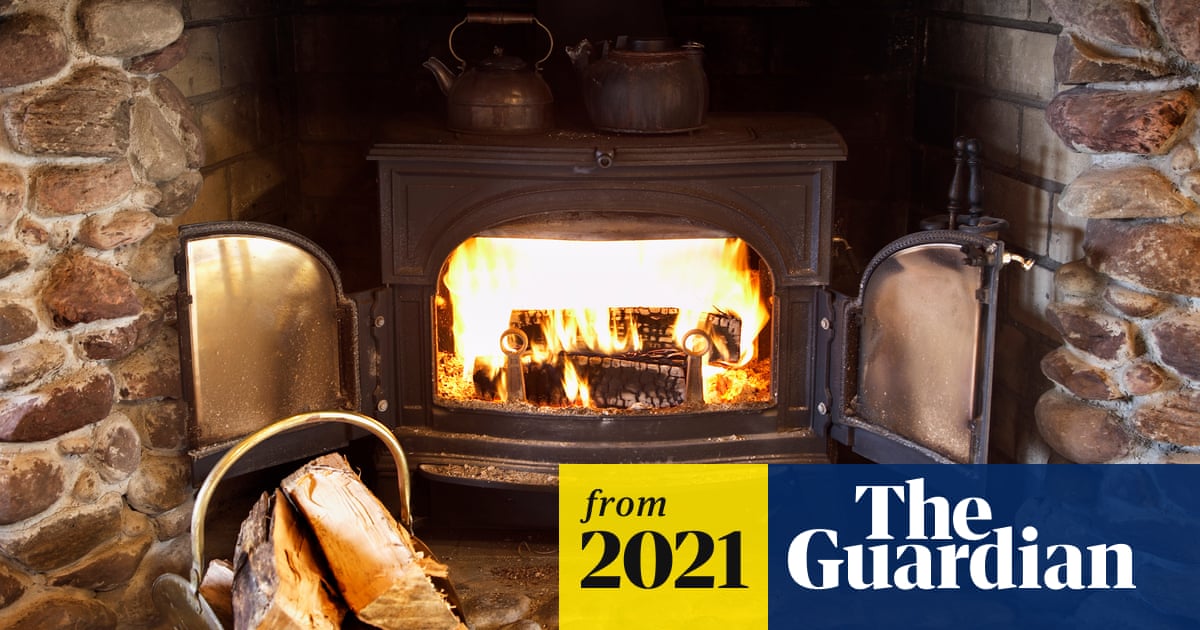i note the following quotes taken from that article:
We are not wood burning enthusiasts - though we do like fires occasionally, but we live in a rural area and have no backup heating. Heat pumps might improve the situation, though those are nothing like as simple to install as BoJo would farcically pretend. In urban areas some form of district heating might help, though I think these are few and far between in the UK. They are said to work quite effectively in countries like Denmark, but then homes typically have to be situated close to an industrial plant, such as an incinerator or power station.
Prof Jonathan Grigg, of Queen Mary University of London, said: “It is difficult to justify their use in any urban area.”
The second report, produced by Kantar for the government, examined who was burning solid fuels at home and why, and included a survey of 46,000 people. It found that just 8% of people in the UK burned fuel indoors, with two-thirds of them living in urban areas where levels of dirty air were worst.
The second report, produced by Kantar for the government, examined who was burning solid fuels at home and why, and included a survey of 46,000 people. It found that just 8% of people in the UK burned fuel indoors, with two-thirds of them living in urban areas where levels of dirty air were worst.

 I have not bothered getting the central heating fixed since the thermocouple in the Baxi back-burner failed some three years ago. The occasional use of a fan heater or oil-filled radiator keeps the house above freezing level. Multi-layering of clothing keeps me warm enough.
I have not bothered getting the central heating fixed since the thermocouple in the Baxi back-burner failed some three years ago. The occasional use of a fan heater or oil-filled radiator keeps the house above freezing level. Multi-layering of clothing keeps me warm enough.
 ) And, as I said - and will keep an eye on over the winter - I'm burning very little wood at the moment.
) And, as I said - and will keep an eye on over the winter - I'm burning very little wood at the moment. 
Comment